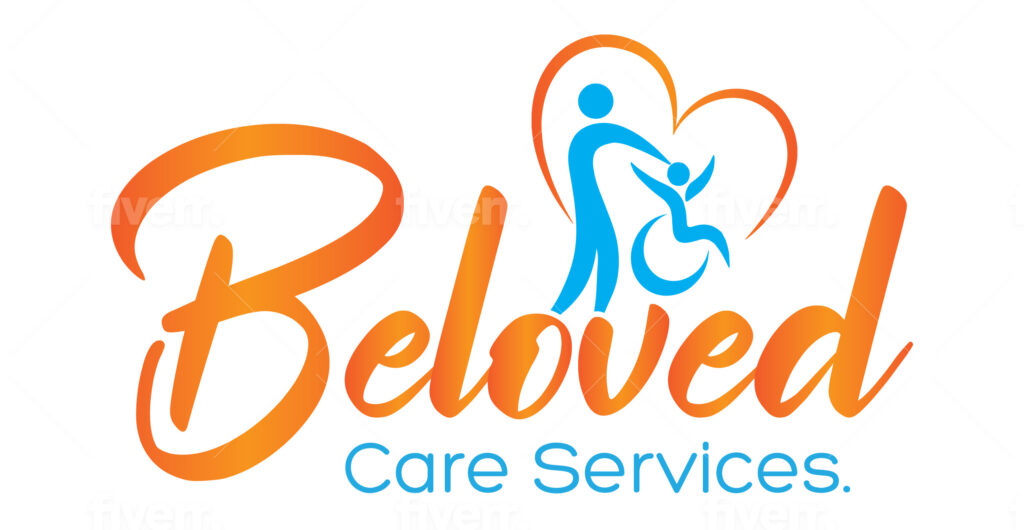
Psychosocial Recovery Coaching
Beloved Care Services Options Recovery Coaching supports NDIS participants living with psychosocial disabilities to live a full and contributing life.
As recognised leaders in non-clinical mental health supports, our Recovery Coaches have specialist knowledge and skills in community-driven health support. We walk beside you, helping to implement positive life changes through mentoring and a deep understanding of recovery orientated practice, so you can live life beyond the impacts of mental ill-health.
What Is Psychosocial Disability?
At a glance, psychosocial disability is the impact that results from the social consequences of disability. It can also be the functional impact and barriers which may be faced by someone living with a mental health condition.
Those impacted by psychosocial disability face challenges setting goals, engaging with learning, participating in social situations, immersing in cultural activities, and engaging in meaningful employment.
Psychosocial disability may restrict a person’s ability to:
- Concentrate
- Be in certain types of environments
- Have enough endurance to complete tasks
- Cope with multiple tasks
- Interact with others in social or work settings
- Comprehend and digest constructive feedback
- Manage and regulate stress
- schizophrenia
- obsessive-compulsive disorder (OCD)
- bi-polar disorder
- severe and persistent anxiety and depression.
People experiencing these issues may have substantially reduced functional capacity (ability to undertake) any of the following:
- communication
- social interaction
- learning
- mobility
- self-care
- self-management
- social and economic participation.
If you live with a psychosocial disability, you may require support to overcome the barriers to feeling included in social scenarios. If this is something you are struggling with, then our team at Compass Care Group are here to support you. Our NDIS disability service professionals are here for you.
What Is The Difference Between Mental Health And Psychosocial Disabilities?
While mental health describes a wide range of mental and emotional conditions, psychosocial disabilities can arise from a poor management of one’s mental health, and severely impact a person’s ability to recover, navigate life and perform day-to-day functions. You can be considered to have a psychosocial disability if your condition significantly impacts your ability to participate in the community, form meaningful connections and completing your daily activities.
Mental health experts agree that those experiencing psychosocial disabilities are likely to greatly benefit from having choices and feeling more in control of their daily living and self-management.
Social and economic participation are also empowering and can help overcome feelings of isolation and worthlessness.
Recovery coaches can facilitate these positive outcomes for increased wellbeing and quality of life.
What Our Psychosocial Recovery Coaches Can Do For You:
NDS Recovery Coaches are different from Support Coordinators as they have specialist knowledge and skills in psychosocial recovery, mental health and service navigation within the mental health system. Our Recovery Coaches can:
- Develop a recovery-enabling relationship to design, plan and implement a recovery plan
- Coaching to increase recovery skills and personal capacity, including motivation, strengths, resilience and decision-making
- Support engagement with the NDIS
- Assist with coordination of NDIS and other supports
- Assistance with managing complex challenges of day-to-day living
Who can be a recovery coach under the NDIS?
A recovery coach may be:
- someone with a lived experience (called a lived experience recovery coach), or
- someone with learned experience and knowledge of psychosocial disability and mental health,
Recovery coaches must have:
- tertiary qualifications in peer work or mental health (minimum of Certificate IV in Mental Health Peer Work or Certificate IV in Mental Health) OR equivalent training
AND / OR - a minimum two years of experience in mental health-related work
Since funding for a recovery coach falls under the Support Coordination category in the NDIS Support Catalogue, a Support Coordinator or a Support Coordination company with the relevant experience could perform this role.
NDIS Providers need to be registered for Registration Group 06: ‘Assistance In Coordinating Or Managing Life Stages, Transitions And Supports’ in order to deliver these supports.
How Can The NDIS Help With Psychosocial Disabilities?
To be eligible for NDIS, a participant will need to prove the permanency of their disability, and outline the necessity of specific funding. Some people with prolonged but not permanent disabilities may be unable to access the NDIS because they do not meet these requirements.
If the NDIS is satisfied that you…
- Have a disability that is likely to be permanent (including psychosocial disability)
- Need support because you have substantially reduced capacity to take part in the activities of daily living and to effectively participate in society
- Require support from the NDIS over their lifetime
Then you can get funding to support overcoming psychosocial disabilities. Speak to the team at Compass Care Group today, we can advise you on how to apply for NDIS funding for your psychosocial disability.
What Our Psychosocial Recovery Coaches Can Do For You:
Our Recovery coaches work on supporting you to be the best you can be through positive, hope-based recovery planning.
- Supporting you to developing goals for your life through recovery planning
- Coaching you to build on strengths, knowledge, skills, resilience, and decision-making
- Assisting you to connect positively with family and friends
- Providing information and advice which is tailored to your situation and comes from experience with the mental health system
- Explaining NDIS supports, plus other services and resources, and how you can get the most out of them
- Collaborating with other services to make sure your supports are responsive to what you need and your goals
- Linking you with mental health services and mental health support, health and other services, particularly when you are unwell
- Explaining your human rights and supporting you to build up your capacity for self advocacy
- Documentation and reporting

Why Choose Beloved Care Services As Your Psychosocial Recovery Coach?
Here are the reasons why participants choose us as their psychosocial recovery coach…
- What a meaningful life looks like to you
- How you have been travelling up to this point, and
- Where you want to go next
- We strategies innovative ways to tackle the complexity of daily life
- Our focus is on well-being, empowerment, and independence
- By clearly identifying individual goals and challenges, our team works with you, your family, carers and your wider support networks to build a recovery plan that’s adapted to what you need
Remember, this is your plan for reaching your goals. Our Psychosocial Recovery Coaches take the time to listen.

